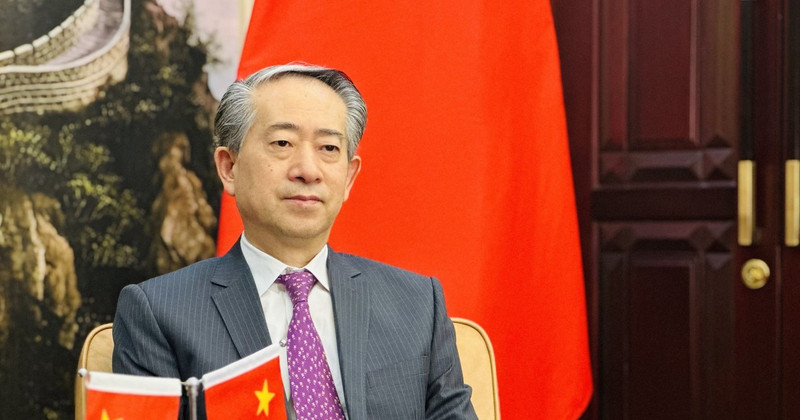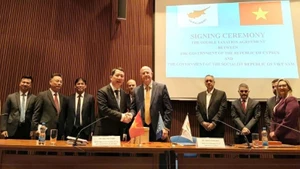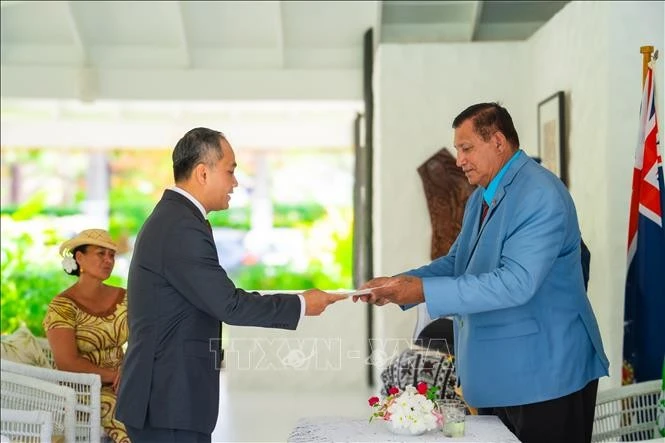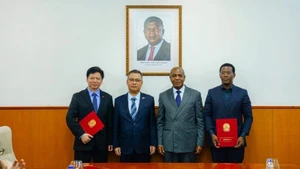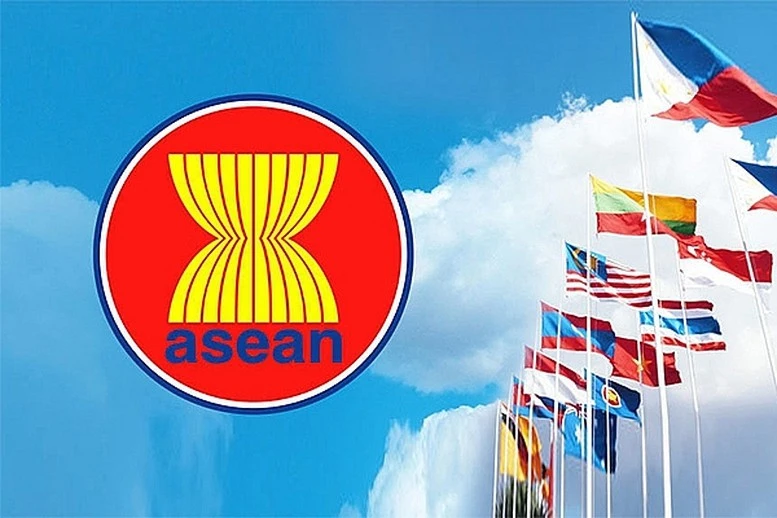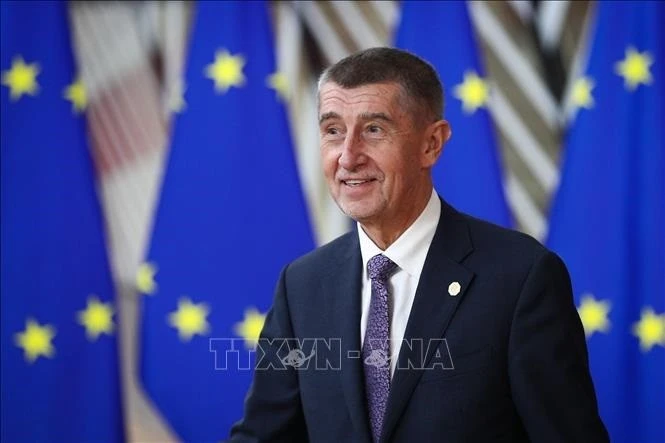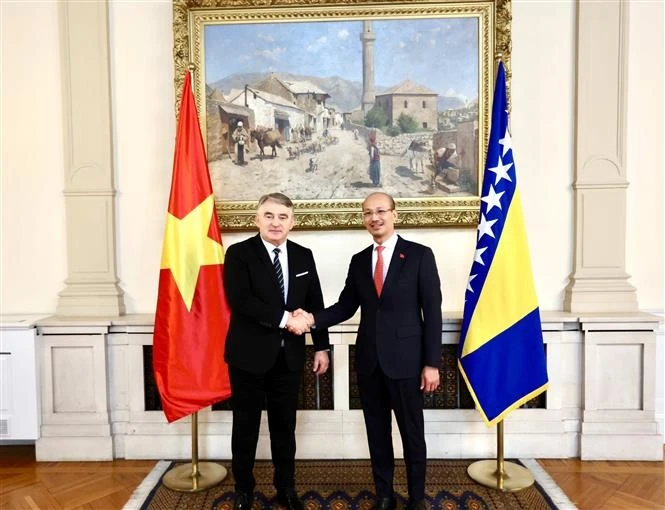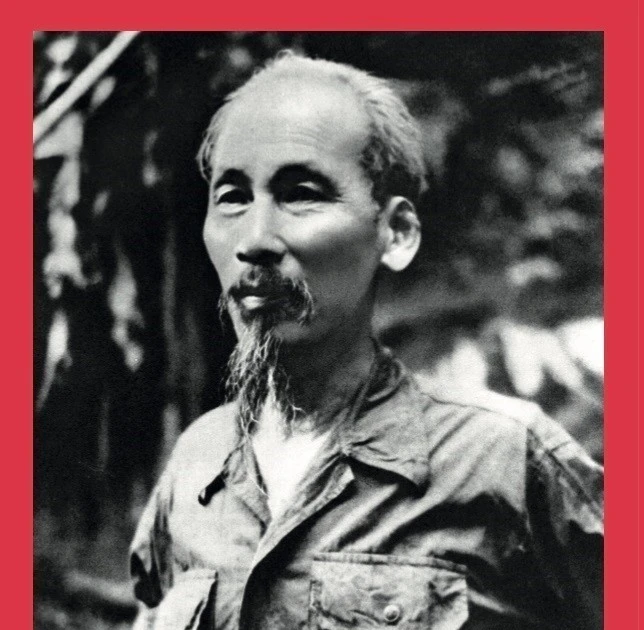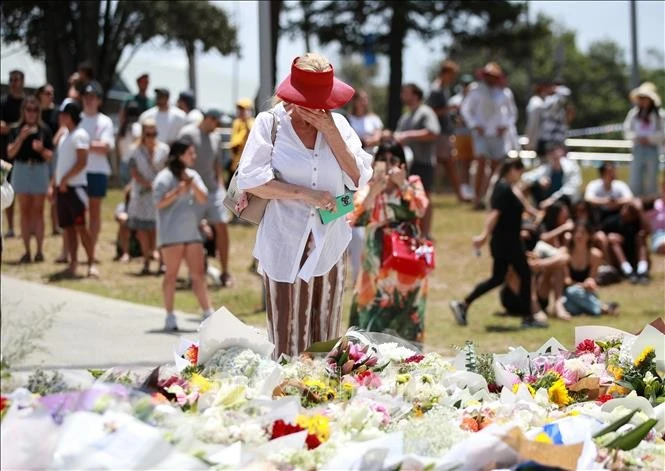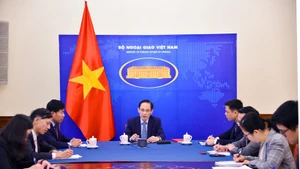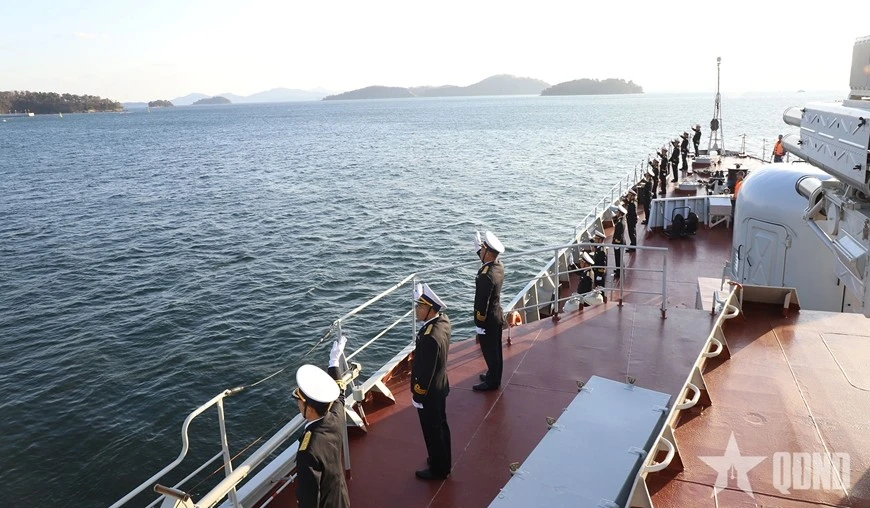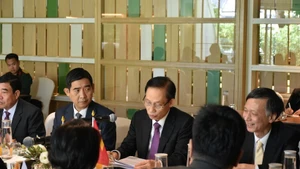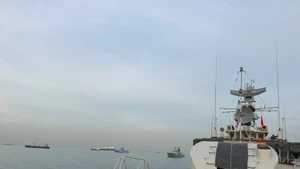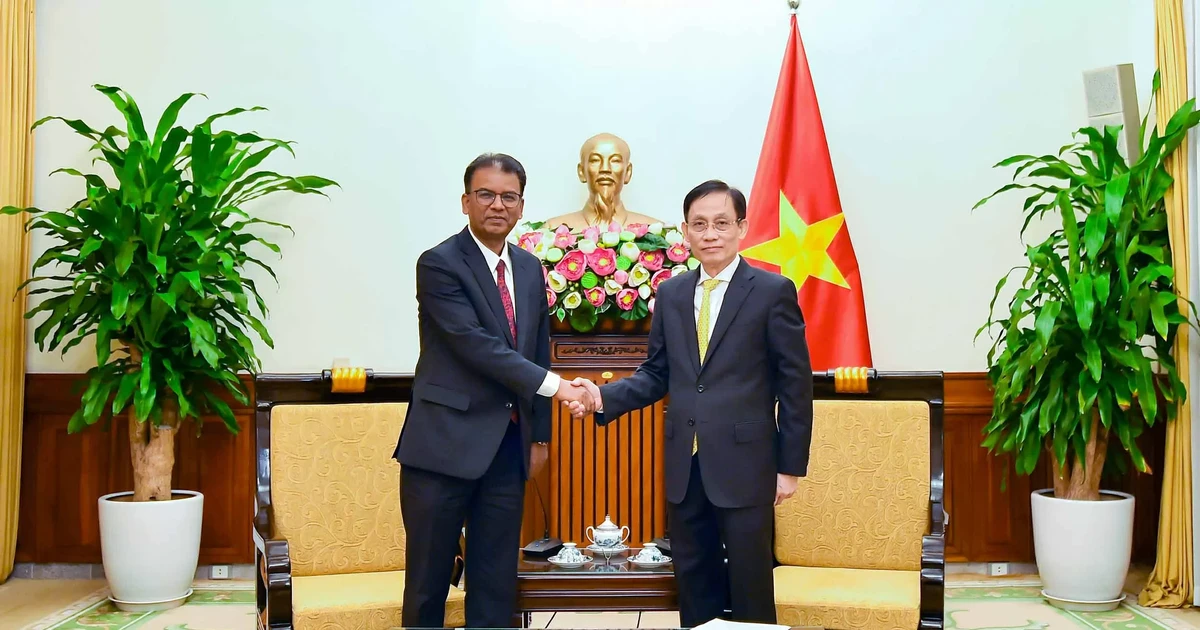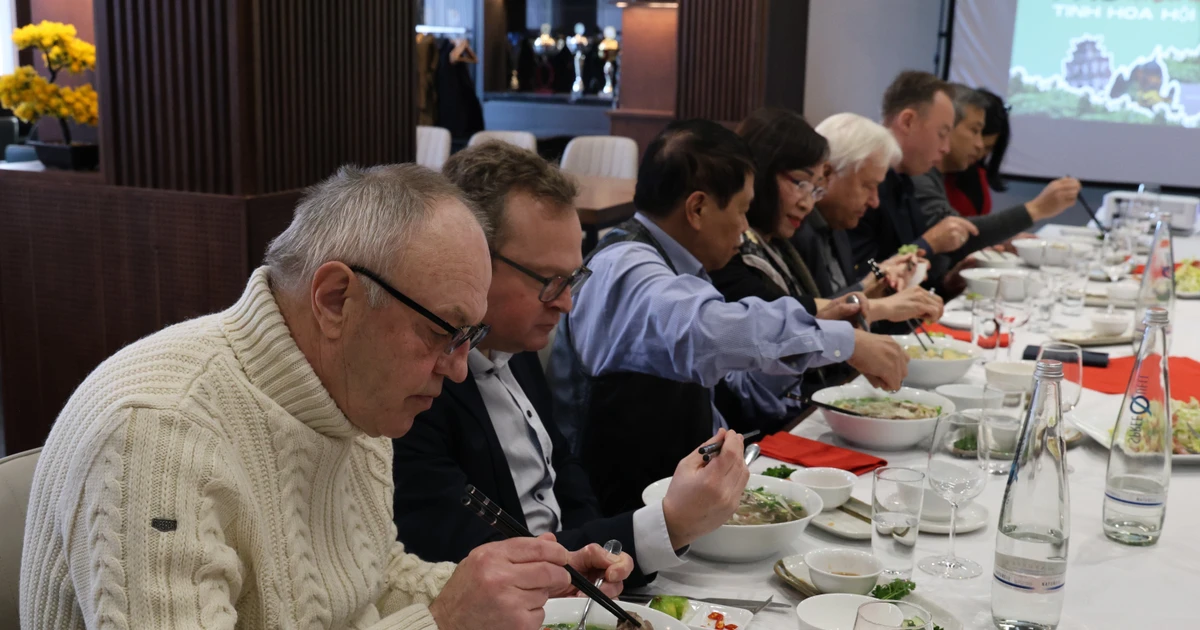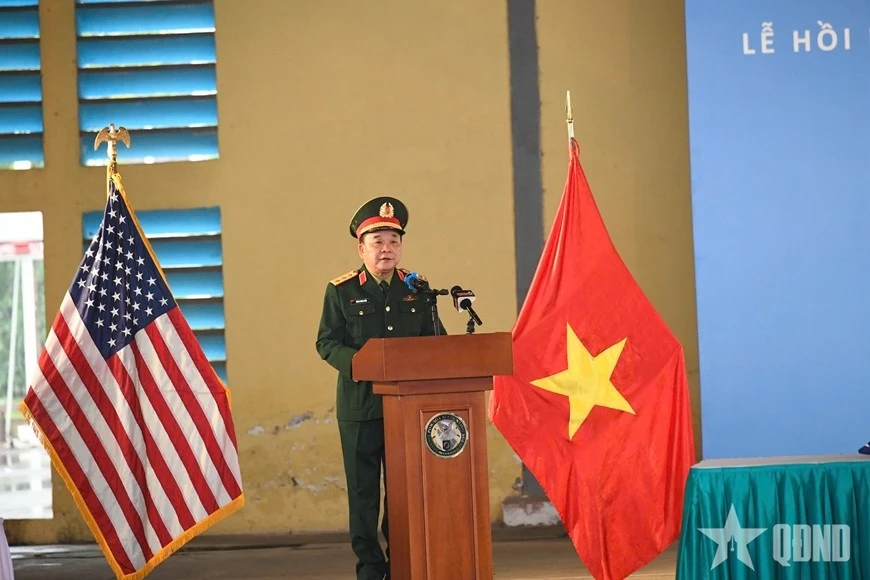In an interview granted to the Vietnam News Agency, Xiong said as a key guest at the forum, PM Chinh delivered an important address to an audience of 1,700 guests from over 100 countries and territories.
Chinh shared Vietnam’s achievements, including those in socio-economic development, Doi moi (renewal), and planning, and said he welcomes foreign firms to land investment and do business in the country.
The Chinese diplomat highlighted that China acknowledges the achievements that Vietnam has recorded over the past time under the leadership of the Central Committee of the Communist Party of Vietnam headed by General Secretary Nguyen Phu Trong, adding the country has overcome challenges posed by the COVID-19 pandemic to bolster the economy which has been on positive growth momentum, with trade revenue in the world’s top 20, and GDP growth expected to exceed 6% this year.
He said PM Chinh was among the very few foreign leaders invited to the forum for the third consecutive year, given the country’s achievements and its significance to the regional and global economy.
During his stay in China, PM Chinh had separate meetings with Party General Secretary and President of China Xi Jinping and other Chinese high-ranking leaders, during which they exchanged their viewpoints on strategic issues and reached important common perceptions.
At the talks in Dalian between PM Chinh and Chinese Premier Li Qiang, the two sides looked back on the bilateral cooperation in all domains, spoke highly of the results that the two countries have attained in the building of a Vietnam – China community with a shared future that carries strategic significance following the trip to Vietnam by Party General Secretary and President of China Xi Jinping in 2023, and outlined a roadmap for the bilateral comprehensive cooperation in the coming time.
He also had a meeting in Beijing with Chairman of the Chinese People’s Political Consultative Conference National Committee Wang Huning, during which the leaders shared experience in Party building, state management, the promotion of the socialism building in the new period, and the renewal process in each nation.
Xiong stressed that PM Chinh’s visit helps concretise the common perceptions reached by the two Party chiefs and other high-ranking leaders, especially the joint statements and cooperation documents, aiming at preserving and promoting the current growth impetus in the two countries.
Touching upon cooperation opportunities between the two countries in the coming time, Xiong highlighted that leaders of both sides prioritise transport infrastructure development and connectivity, particularly the cross-border railway system.
China attaches importance to cooperation with Vietnam in this field, especially projects in the latter's northern region and the two countries' border areas, the diplomat said, adding it supported Vietnam in completing the Lao Cai – Hanoi – Hai Phong railway line planning.
He stressed China stands ready to help Vietnam carry out feasibility study for the projects after it fulfills the preparation work, adding they will play an important role in Vietnam’s economic development.
According to Xiong, cross-border railway connectivity is of great significance, showing high political trust between the two nations and contributing to deepening their close ties in the areas of supply and production chains.
Once such railway projects completed, Vietnam will have an important role to play in connecting European and Central Asian countries with other ASEAN member states, he underscored, describing it as a vivid demonstration of a Vietnam – China community with a shared future that carries strategic significance.
